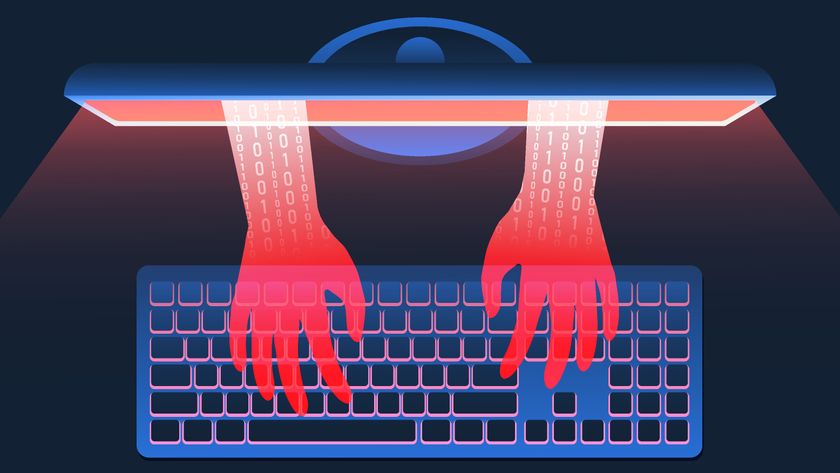Have ISPs finally lost the DEA fight?
BT and TalkTalk have been defeated in their latest challenge to the Digital Economy Act. Have the final obstacles now been cleared? Simon Brew investigates.
The Court basically rejected the suggestion that the Act was in contravention of EU laws in its ruling, and that leaves the pair of ISPs with a decision to make. Their next step, if they want to take it, is to argue their case at Supreme Court level. This is trickier (and further appeals become trickier still), as the court can refuse to even hear the case should it choose. It's unclear, at this stage, whether TalkTalk and BT want to pursue this path, although neither is showing any signs of wanting to give up the fight.
The upshot of the failed appeals is that this puts the Digital Economy Act very much back on schedule.
It's not an inexpensive business, though, with this latest appeal reported to have cost at least six figures, the two firms responsible for paying the vast bulk of costs.
Back on track?
The upshot of the failed appeals is that this puts the Digital Economy Act very much back on schedule, with a summer 2013 target date in place for the sending out of the first batch of letters.
It's only at this stage the long-mooted three strikes policy will properly come into force. This, as most are aware, introduces some warning stages to users, before they're hit with the aforementioned possibility of having their account revoked.
Many groups for creative industries have expressed their pleasure that things are finally pressing ahead, with the likes of the BPI expressing their happiness with the ruling. Given that it's been talked about in one shape or another for two to three years, there's a vocal group who are simply keen for the government to finally enact the legislation.
Get the ITPro. daily newsletter
Sign up today and you will receive a free copy of our Focus Report 2025 - the leading guidance on AI, cybersecurity and other IT challenges as per 700+ senior executives
The onus, then, will be on the ISPs to keep tabs on the customers suspecting of downloading copyrighted material, and furthermore, the legislation requires that they can marry up an IP address to a user.
There's still technical work that needs to be undertaken here, which is likely to be going on for much of the year.

Unlock profitability with Cove Data Protection

Tech leaders worry AI innovation is outpacing governance















